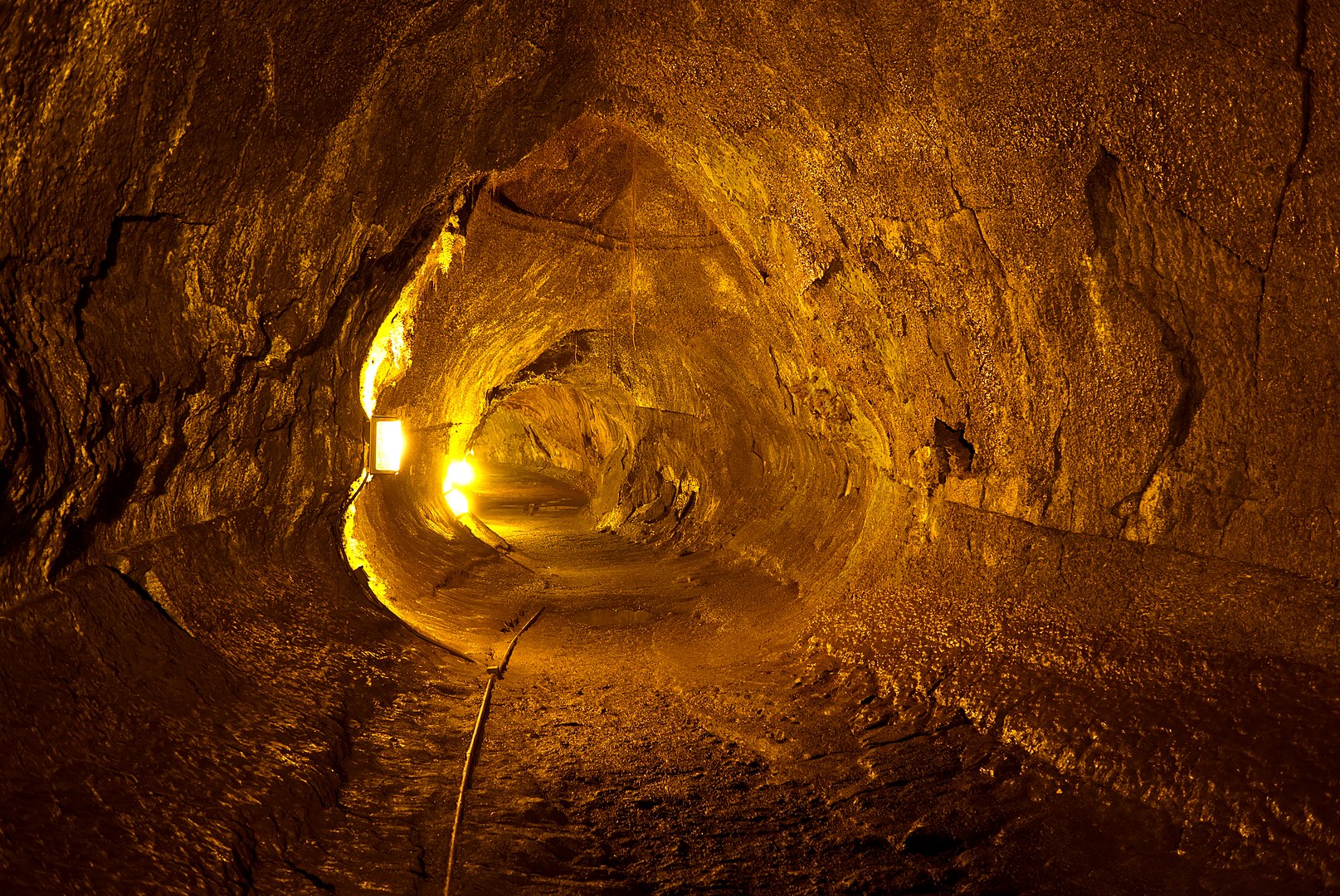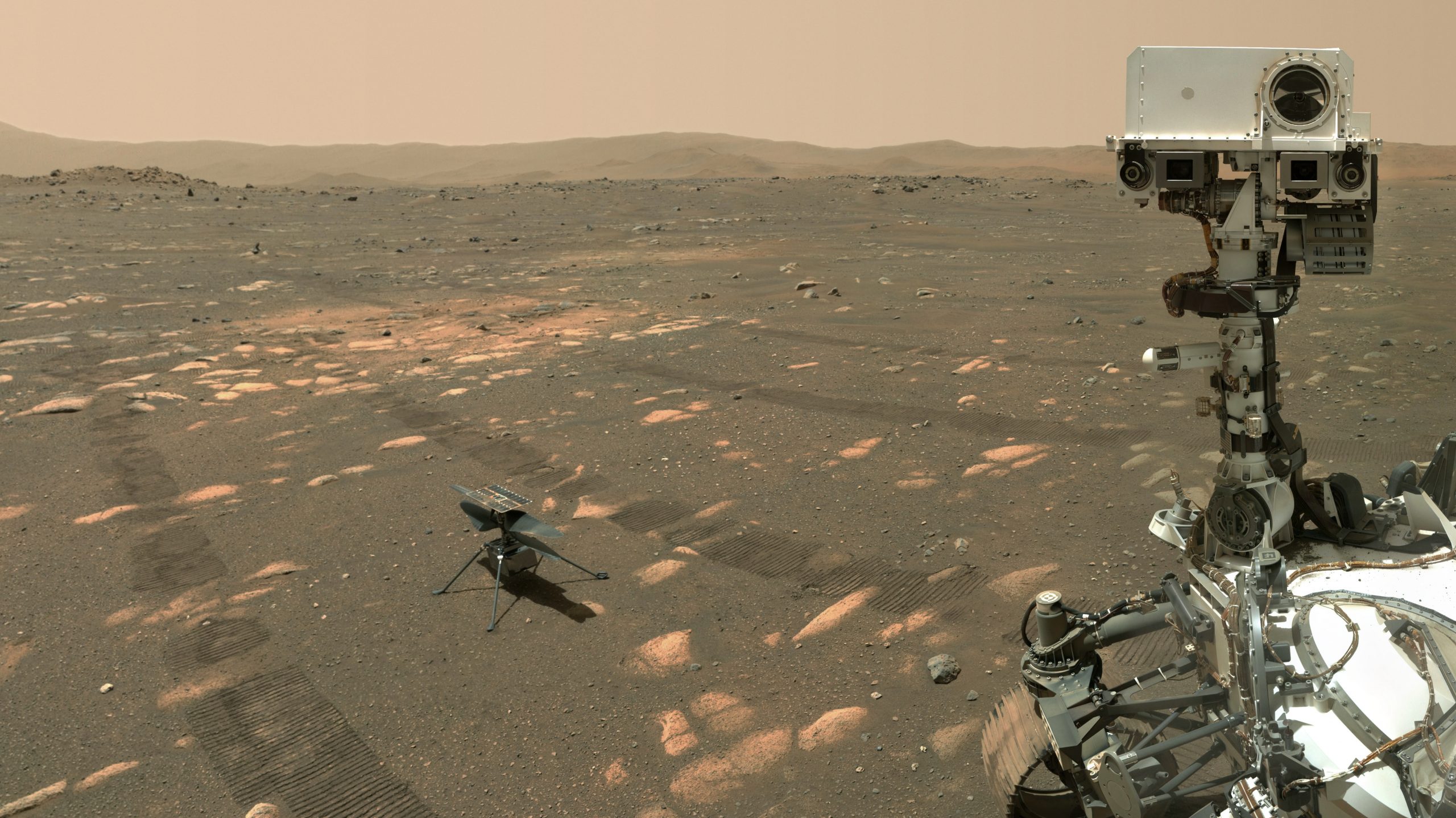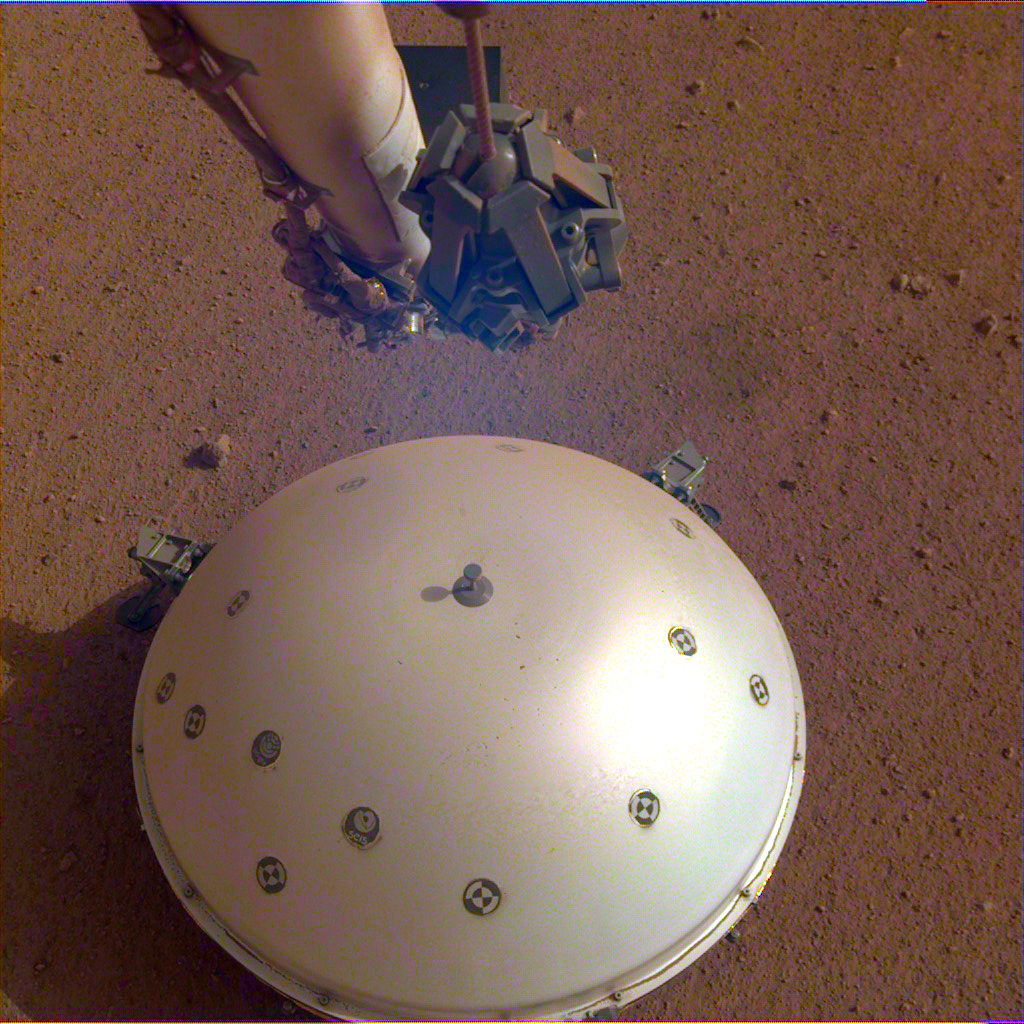Volcanoes can be some of the worst natural disasters we can experience here on Earth, but life wouldn’t even exist without them. What are volcanoes good for anyway?



Fraser Cain
Universe Today

Dr. Pamela Gay
CosmoQuest

Volcanoes can be some of the worst natural disasters we can experience here on Earth, but life wouldn’t even exist without them. What are volcanoes good for anyway?

As you all know, Pamela refuses to talk about any missions which aren’t actually doing science. Well, Perseverance has crossed the line, from fantasy to an actual working rover, scooping regolith and yeeting helicopters. What has the rover accomplished in its first 100 days?

Mars is cold and dead today, but the massive volcanoes tell us what the planet used to be like, millions and even billions of years ago. But how volcanically active is the planet today? That’s what NASA’s Mars InSight lander is there to figure out.

Have you ever wanted to be a time traveler? Good news! You’re time traveling right now. Into the future at one second per second. Too long? Don’t want to wait? Good news, Einstein’s got you covered. Today, let’s talk about the weird world of time dilation.
Recent Episodes
Another week, another roundup of your questions. This week listeners asked: are we all going to die in 2012 when the solar system passes through the galactic plane? Did Venus make the Moon? And what will extraterrestrials see when the Sun is dead and gone? And there's...
Last week we looked at the complete life of the Sun, birth to death. But stars can be smaller, and stars can get much much larger. And with a change in mass, their lives change too. Let's start the clock again, and see what happens to the smallest stars in the...
Another week, another roundup of your questions. This week listeners asked: if forces are communicated through particles, can we run out? If you were traveling at light speed, when would you know to stop? And there's even more. If you've got a question for the...
We've talked about the Sun before, but this time we're going to look at the entire life cycle of the Sun, and all the stages it's going to go through: solar nebula, protostar, main sequence, red giant, white dwarf, and more. Want to know what the future holds for the...
Another week, another roundup of your questions. This week listeners asked: will reaching light speed destroy the Universe? When is Andromeda going to look really, really cool with the unaided eye? Why didn't dark matter all turn into black holes? And there's even...
Look around you. Breathe in some air. Everything you can see and feel was formed in a star. Today we'll examine that long journey that matter has gone through, forged and re-forged in the hearts of stars. In fact, the device you're using to listen to this podcast has...
As you know, we wanted to answer listener questions regularly, but we found it was taking away from the regular weekly episodes of Astronomy Cast. So we've decided to just split it up and run the question shows separately from the regular Astronomy Cast episodes. If...
At the earliest moments of the Universe, there were no separate forces, energy or matter. It was all just the same stuff. And then the different forces froze out, differentiating into electromagnetism, the strong force and the weak force. Today we'll look at the...
This is our forth installment in our series of student questions shows and these questions come to us from Leelanau High School. Thanks to GLAST, Astronomy Cast is now able to provide equipment to send to high school teachers who want to Pamela and Fraser to do a...
After a quick Dragon*Con break, we're back to our tour through the fundamental forces of the Universe. We've covered gravity and electromagnetism, and now we're moving onto the strong and weak nuclear forces. We didn't think they'd really need to be separate episodes,...
Pamela left Fraser behind (with sorrow) and took on Dragon*Con and the facts (or lack there of) in Science Fiction. Helping her out were special guests Phil Plait and Kevin Grazier. Ep. 104: Science Fiction at Dragon*Con with Plait and Grazier Jump to Shownotes Jump...
Our series on the basic forces of the cosmos continues! Last week we discussed gravity, and this we'll handle electromagnetism. Electricity and magnetism are just two aspects of the same force, and you can't talk about astronomy without understanding these two keys...
You seem to like a nice series, so here's a new one we've been thinking about. Over the course of the next 4 weeks, we're going to cover each of the basic forces in the Universe. And this week, we're going to start with gravity; the force you're most familiar with....
Last week we talked about rockets. How they work and their limitations. This week we're going to look at the future of propulsion systems. From the ion engines that are already working to explore the Solar System to the prototype solar sails to futuristic technologies...
To move around in space, you need some kind of propulsion system. And for now, that means rockets. Let's learn the underlying science of rockets, and how they work. And learn why a rocket will never let us reach the speed of light. Ep. 100: Rockets Jump to Shownotes...
The Milky Way is our home. An island of stars in a universe of other galaxies. But you might be surprised to learn that astronomers have only known the Milky Way's true nature for just a century. Let's learn the history of discoveries about the Milky Way, and what...
Last week we talked about galaxies in general, and hinted at the most violent and energetic ones out there: active galaxies. Quasars have been a mystery for half a century; what kind of object could throw out more radiation than an entire galaxy? A black hole, it...
This week we're going to look at some of the biggest objects in the Universe: galaxies. It was the discovery of galaxies in the early 20th century that helped astronomers realize just how big the Universe is, and how far away everything is. Let's learn how galaxies...
And now we reach the third part of our trilogy on the human exploration and colonization of Mars. Humans will inevitably tire of living underground, and will want to stretch their legs, and fill their lungs with fresh air. One day, we'll contemplate the possibility of...
This is our third installment in our series of student questions shows and these questions come to us from Collinsville High School. Thanks to GLAST, Astronomy Cast is now able to provide equipment to send to high school teachers who want to Pamela and Fraser to do a...